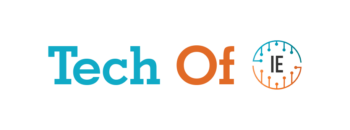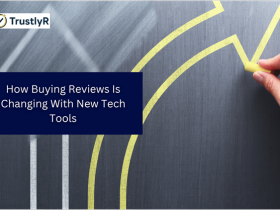A seamless RFP management meeting starts with thorough preparation. Before gathering the team, ensure everyone has reviewed all relevant data about the Request for Proposal. This includes the RFP document itself, submission deadlines, scoring criteria, and any background information about the client or project scope. Circulate these materials well in advance so team members can familiarize themselves with the details. Having this foundational knowledge helps focus the discussion and prevents time wasted on clarifying basic points during the meeting.
Assign Clear Roles and Responsibilities
To maximize productivity, assign specific roles to each team member prior to the meeting. Common roles include a meeting facilitator to guide the agenda, a note-taker to document decisions, and subject matter experts to provide insights on technical or financial components. Additionally, designate a project manager or proposal coordinator who oversees the entire RFP process. Clearly defining responsibilities reduces confusion, ensures accountability, and helps keep the meeting on track. When each participant knows their part, the team can work collaboratively toward common goals.
Develop and Distribute Standardized Templates
Creating standardized templates for RFP responses, timelines, and evaluation checklists is a game-changer for efficient meetings. Before your RFP management meeting, prepare templates that outline required sections, deadlines, and quality benchmarks. Share these templates with the team to guide their input and streamline content development. Templates help maintain consistency across proposals, reduce rework, and provide a clear roadmap for contributors. Having them ready beforehand allows the team to focus on strategic discussion rather than formatting or structure during the meeting rfp management.
Prepare an Agenda Focused on Action Items
A successful RFP meeting hinges on a thoughtfully constructed agenda geared towards decisive outcomes and actionable tasks. Prioritize crucial topics like proposal strategy refinement, efficient resource allocation, thorough risk assessment, and detailed timeline review. Proactively distribute the agenda to your team, encouraging them to arrive equipped with pertinent data and insightful recommendations. Structure the meeting with specific time blocks for each agenda item, promoting focus and productivity. Incorporate dedicated periods for open dialogue, fostering collaborative problem-solving and idea generation. Adhering strictly to the agenda’s framework prevents unproductive tangents and ensures comprehensive coverage of all essential aspects within the allotted time. This structured approach optimizes the meeting’s effectiveness in shaping a winning RFP response.
Establish Follow-Up Procedures and Communication Channels
Finally, set clear expectations for post-meeting follow-up to maintain momentum. Decide who will be responsible for compiling meeting notes, distributing tasks, and monitoring progress. Utilize project management or collaboration tools to assign responsibilities and track deadlines in real time. Establish regular check-ins or status updates to address any emerging issues and keep everyone aligned. Clear communication channels and follow-up protocols help transform meeting outcomes into tangible progress, ensuring a smooth and timely RFP response process.
Conclusion
Preparing your team for an RFP management meeting involves detailed pre-meeting review, role assignments, standardized templates, a focused agenda, and clear follow-up procedures. With these strategies in place, your team can collaborate more effectively, reduce errors, and submit stronger proposals on time.











